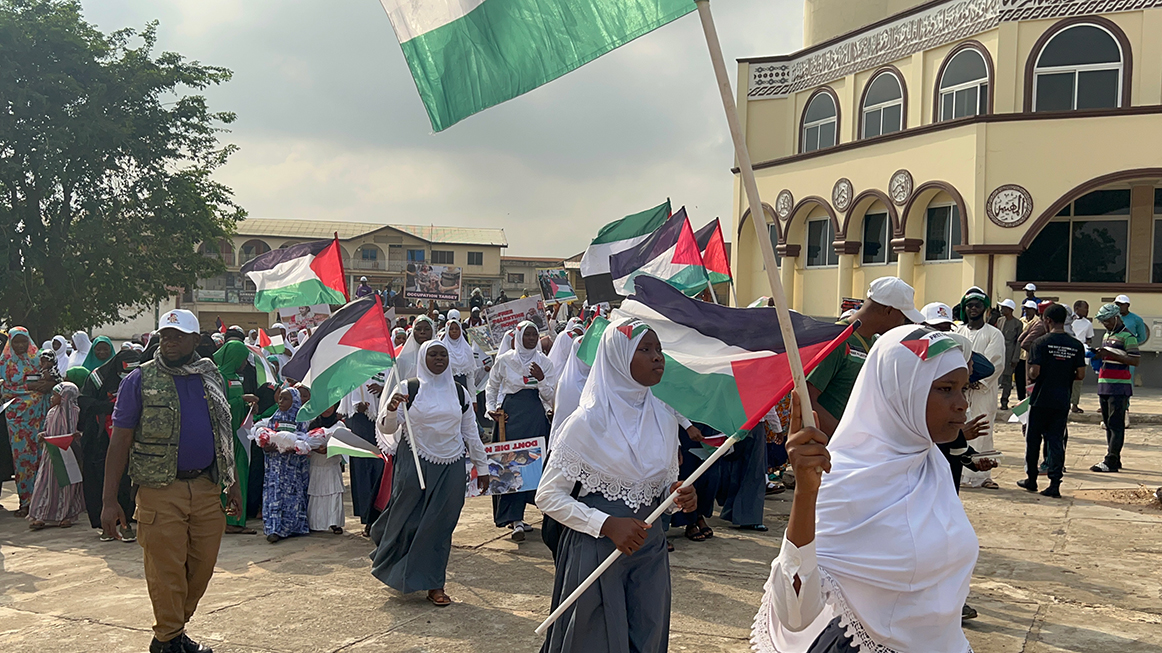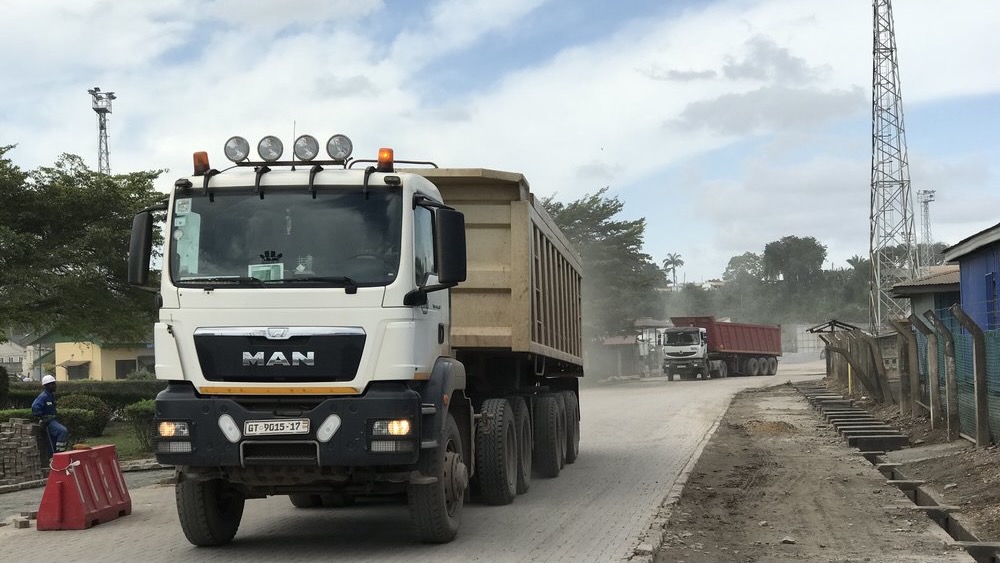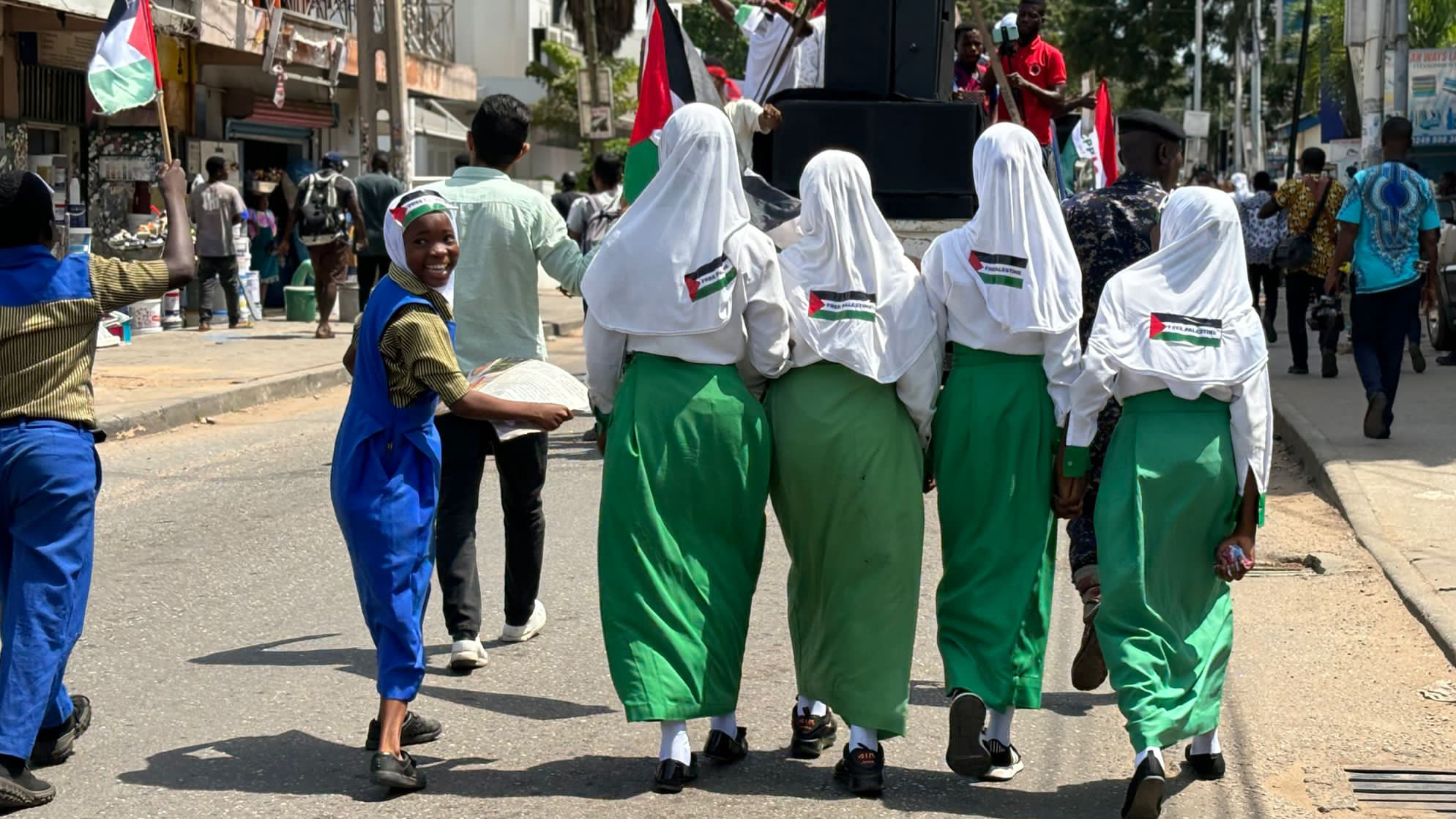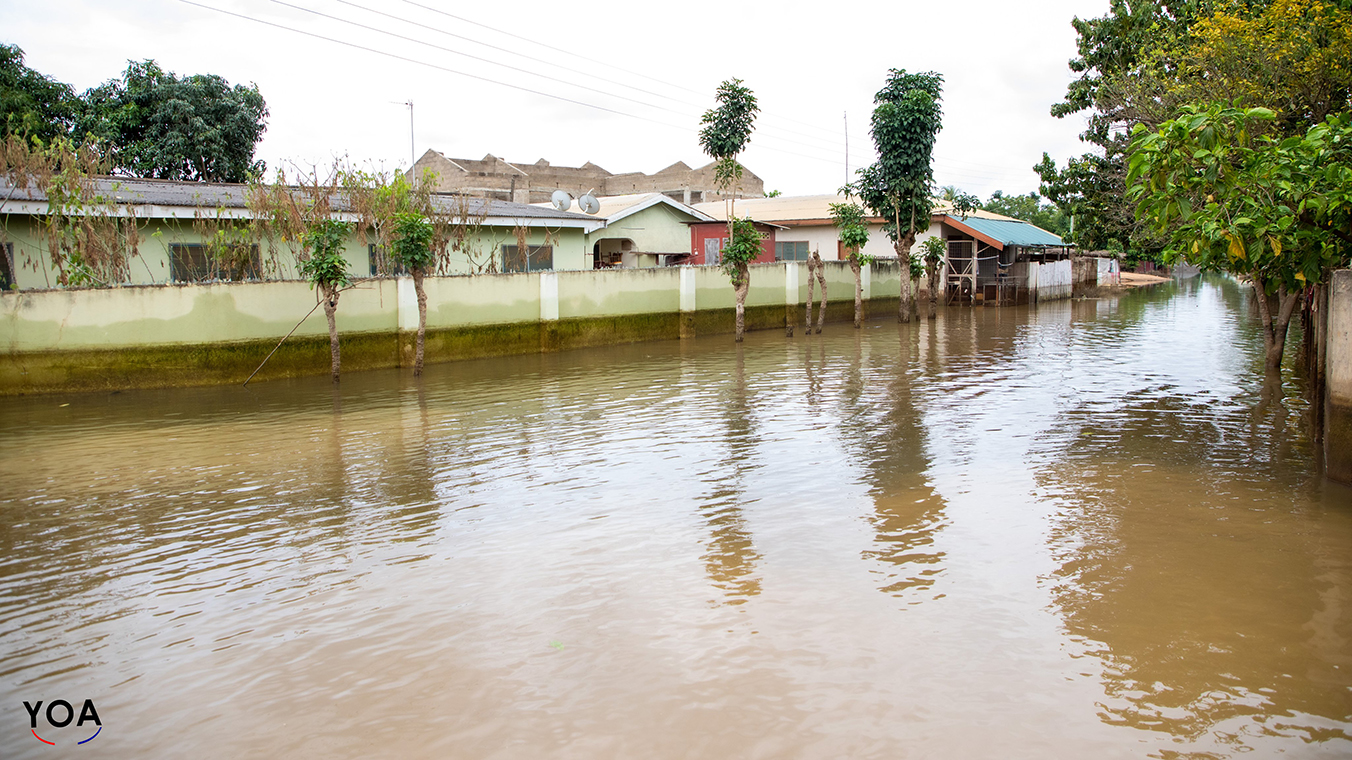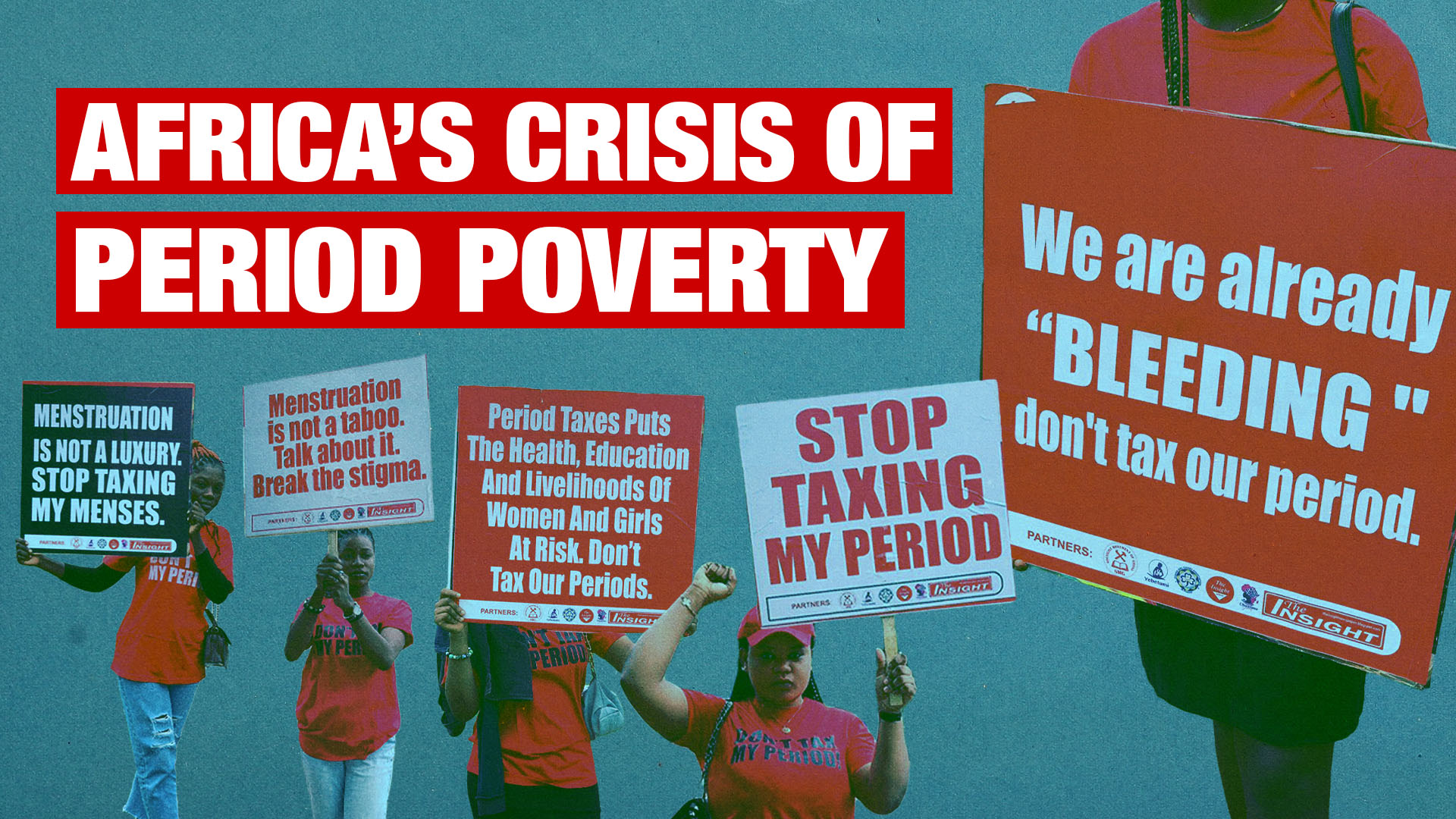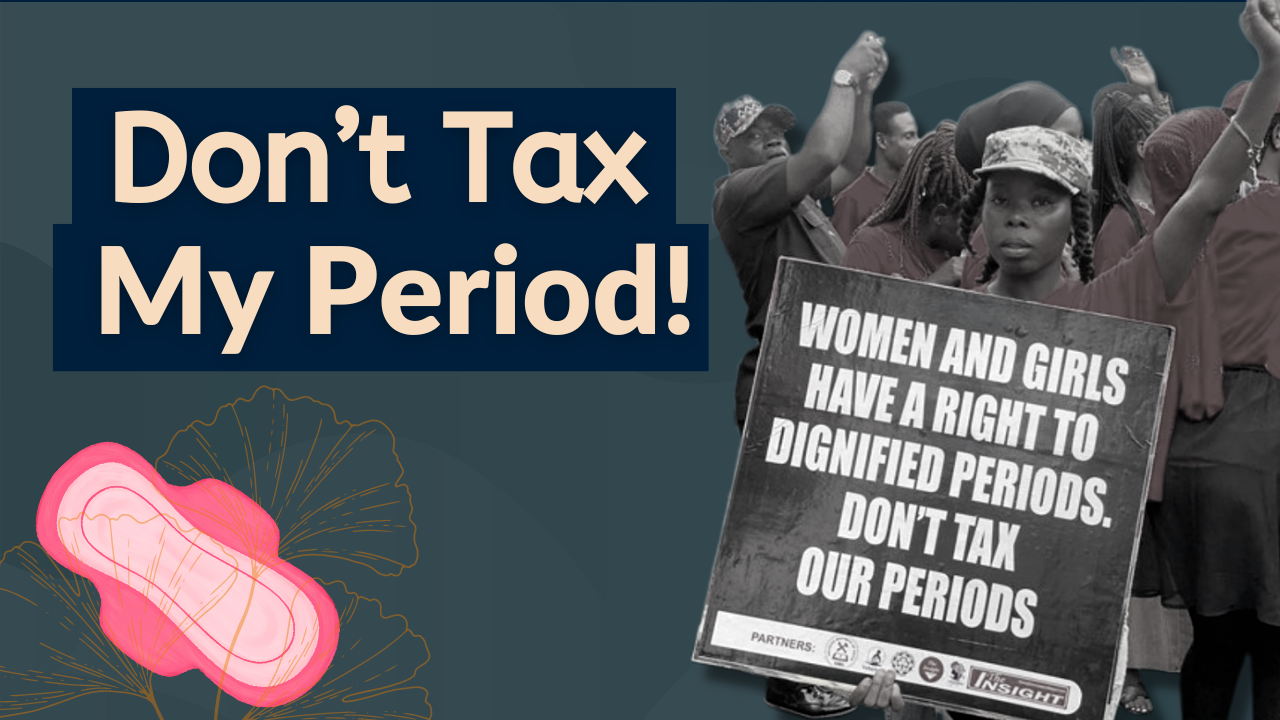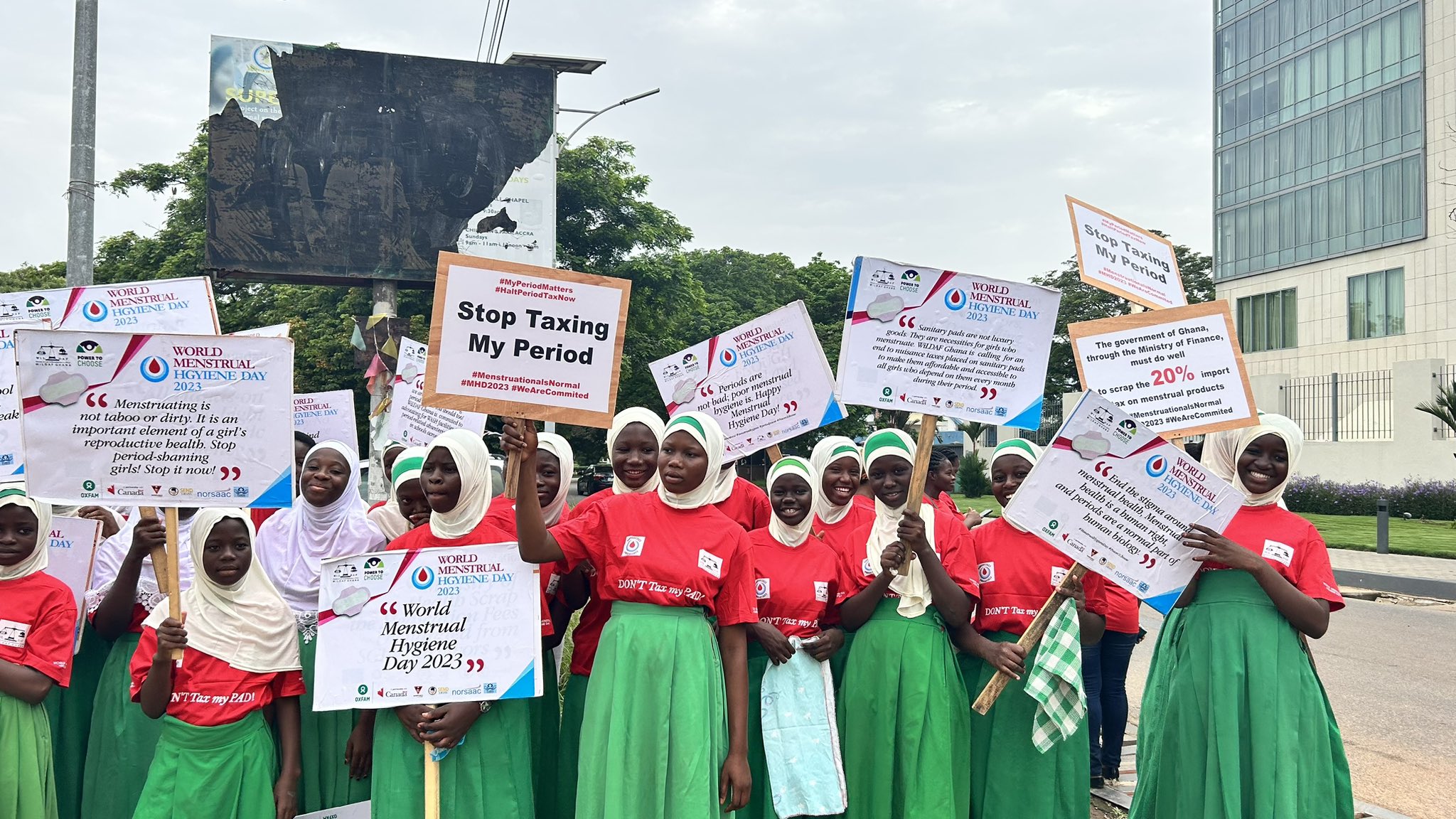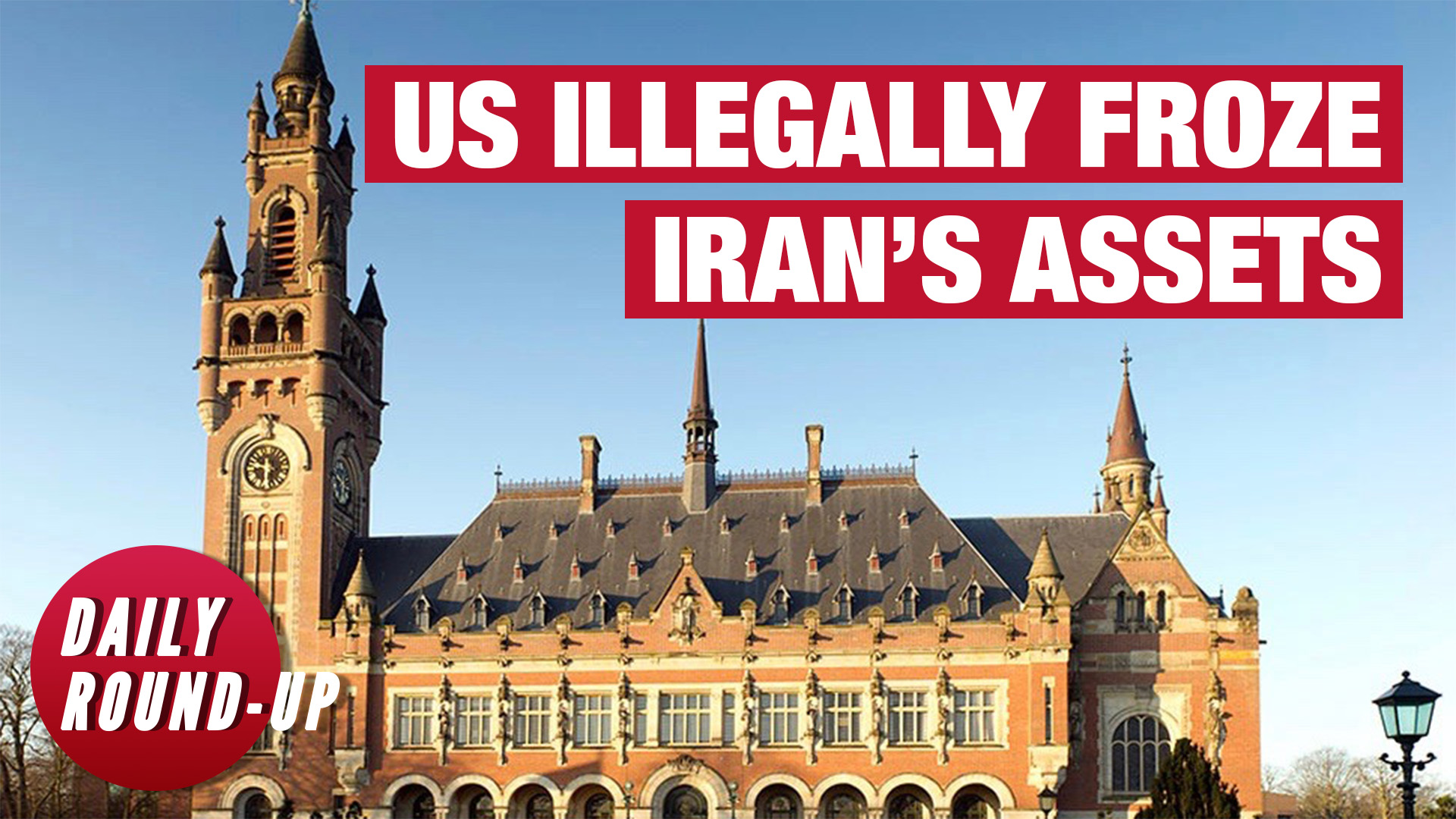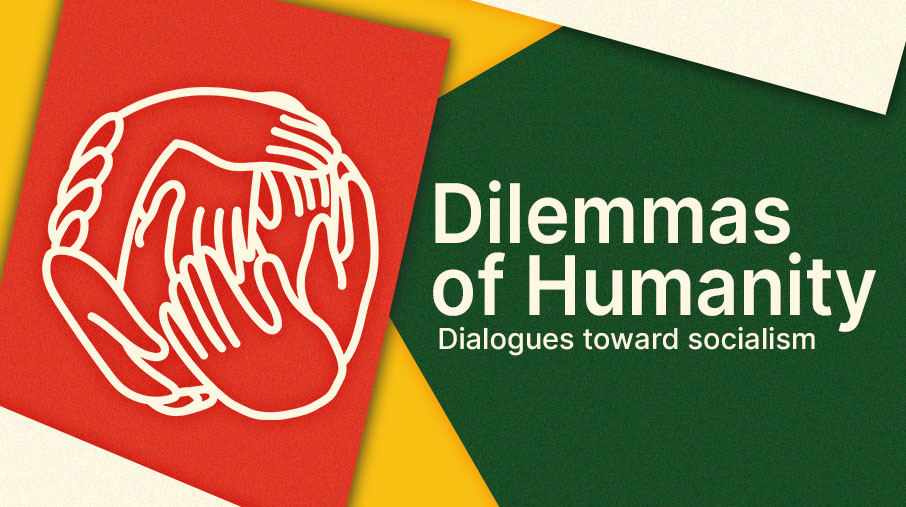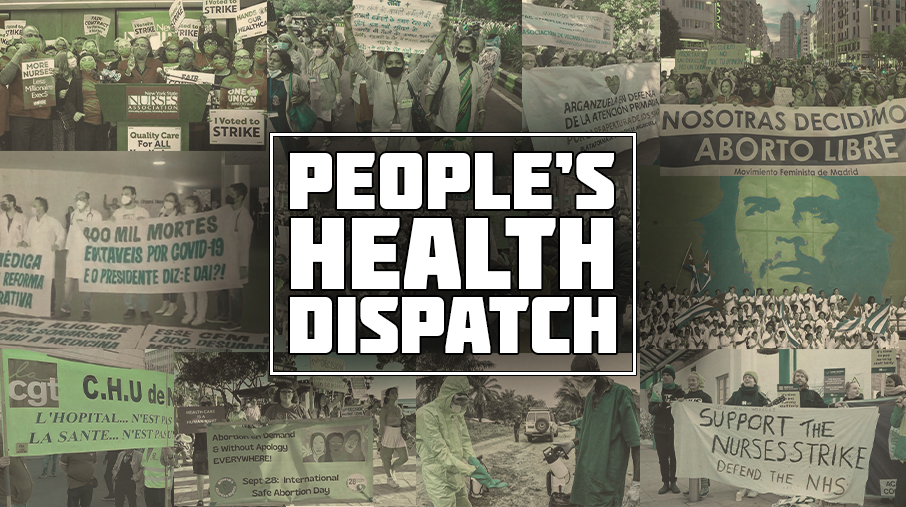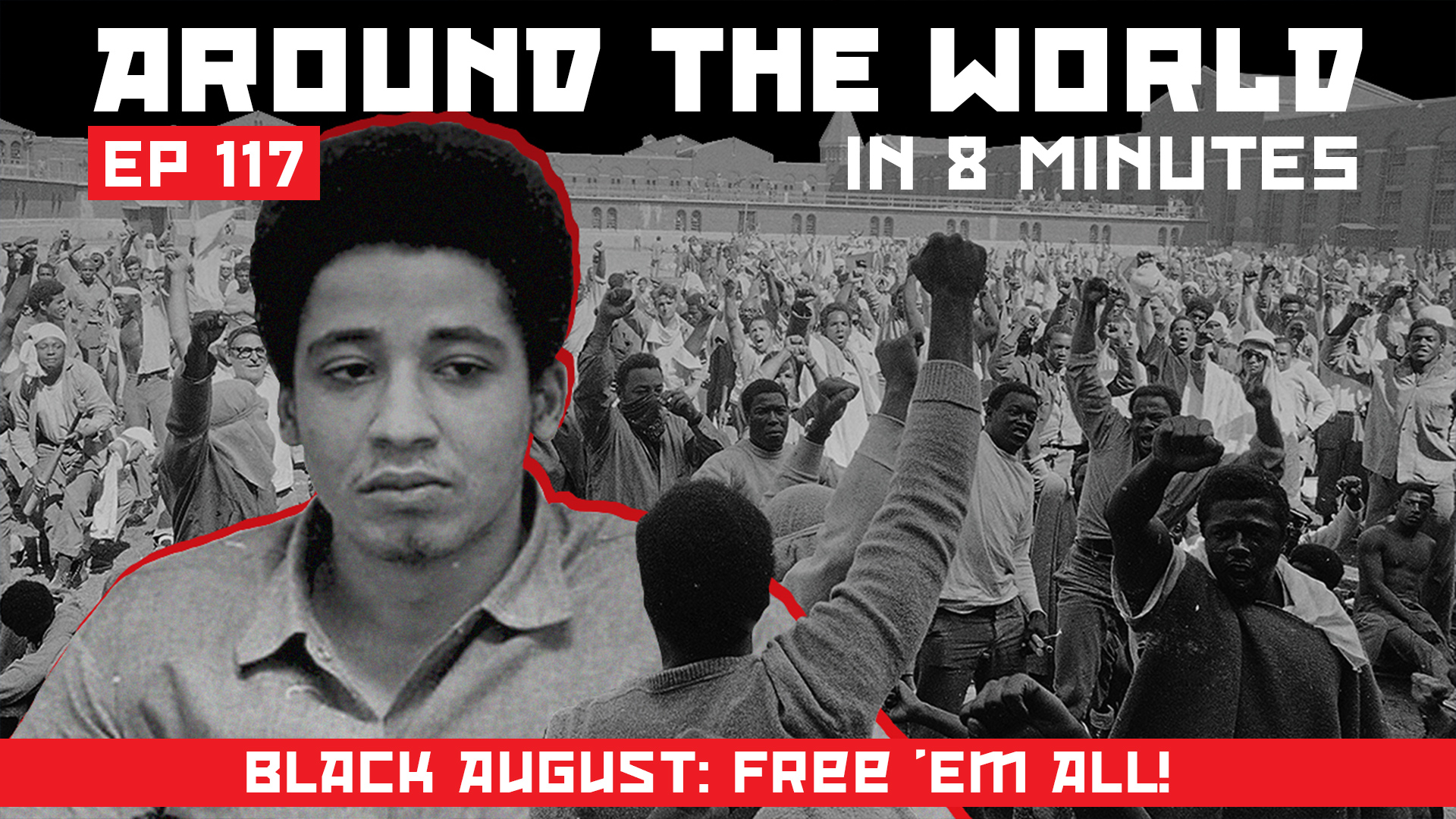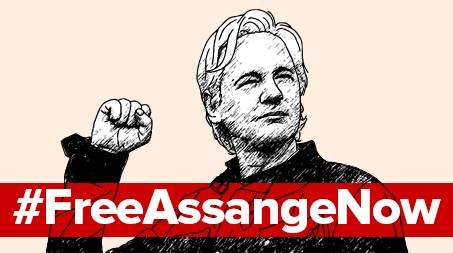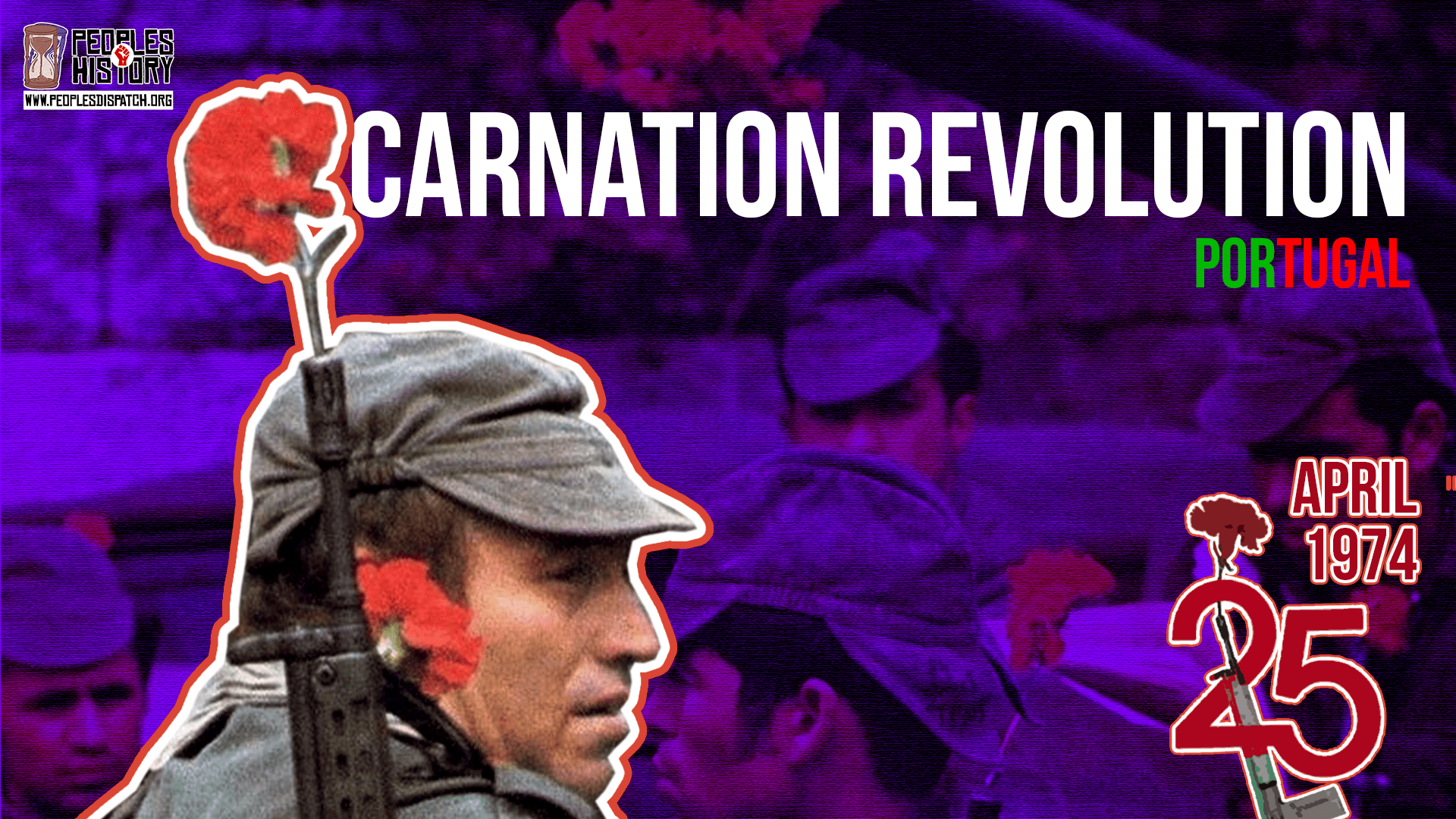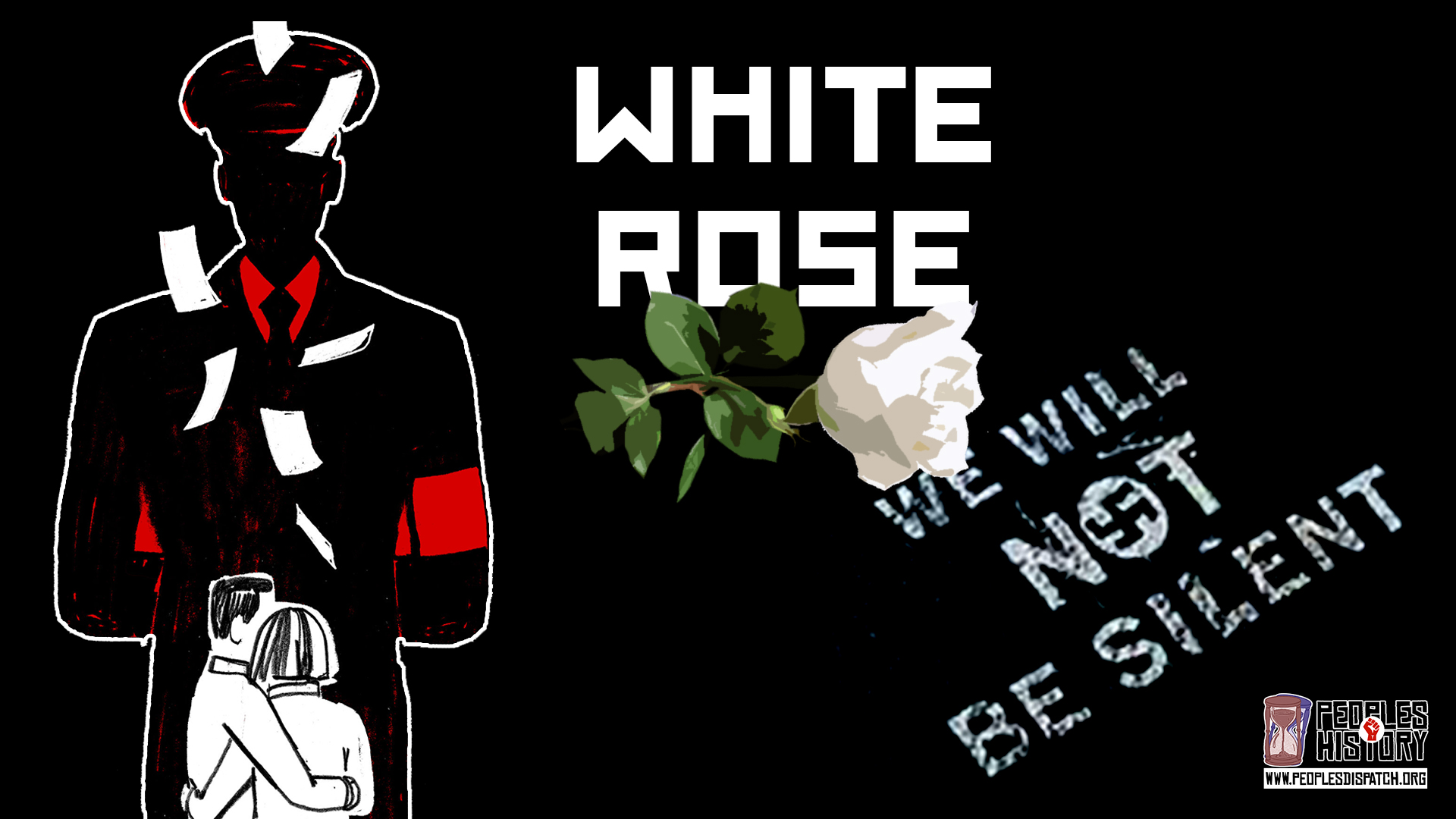The protest in Kumasi, along with the demonstrations taking place across Ghana, serves as an important reminder of the urgent need for a ceasefire
In October, the Ghanaian government signed a lithium mining agreement with an Australian company and it has been widely rejected by broad sectors of society
Demonstrators condemned the Israeli government’s perpetuation of apartheid and President Nana Akufo-Addo’s support for the occupation
The Akosombo Dam has long been a crucial source of power for Ghana. However, the effects of climate change have pushed water levels beyond the dam’s operating capacity
People took to the streets of Accra for a three-day action under the slogan #OccupyJulorbiHouse to protest the rising cost of living and worsening economic conditions. Ghana is facing a severe debt crisis and has entered into its 17th loan program with the IMF, raising fears of further austerity measures
Young activists from Ghana and Lesotho talk about the crisis of Period Poverty in their countries and the urgent need for mobilizing on this issue. This follows a march in late June in Ghana calling for the removal of taxes on sanitary pads
In light of recent discussions on a review of Ghana’s constitution, we talk to Kwesi Pratt Jnr, General Secretary of the Socialist Movement of Ghana. He explains the history of constitutional review and the steps that can be taken to ensure the voice of the people is heard
Ghanaian activists took to the streets of Accra for the “Don’t Tax My Period” parade where they opposed the heavy taxation of menstrual hygiene products. The action aimed to draw attention to the pervasive yet often overlooked issue of period poverty
The activists have vowed to return to the streets if taxes on menstrual hygiene products are not removed.
On June 22, Ghanaian activists will take to the streets for the “Don’t Tax My Period” march which is being organized by the women’s wing of the Socialist Movement of Ghana and allied organizations. The mobilization takes place as anger builds over the heavy taxation of menstrual hygiene products.
A dossier and accompanying discussion hosted by the Tricontinental Institute for Social Research interrogates the vicious cycle of debt rooted in neocolonial extraction that continues to trap countries across the African continent
Immunologist Dr. Satyajit Rath explains the significance of the recent malaria vaccine approved by Ghana and the future of the research in this field


